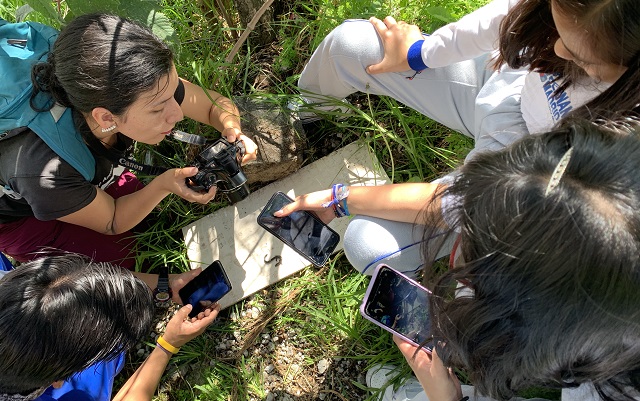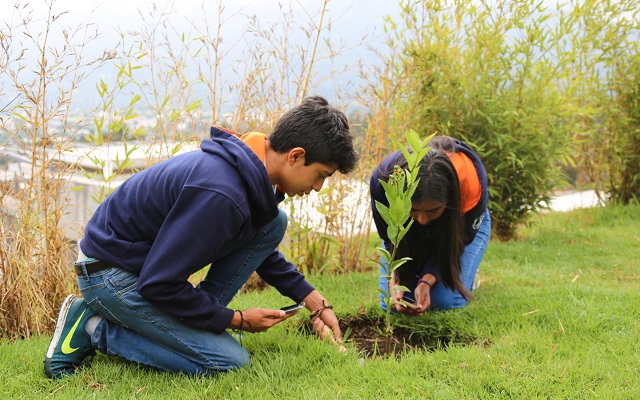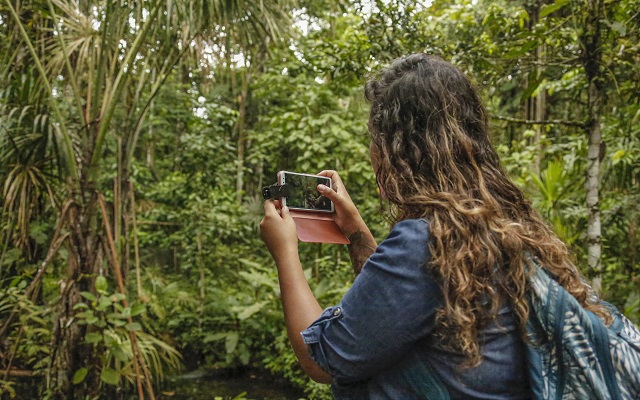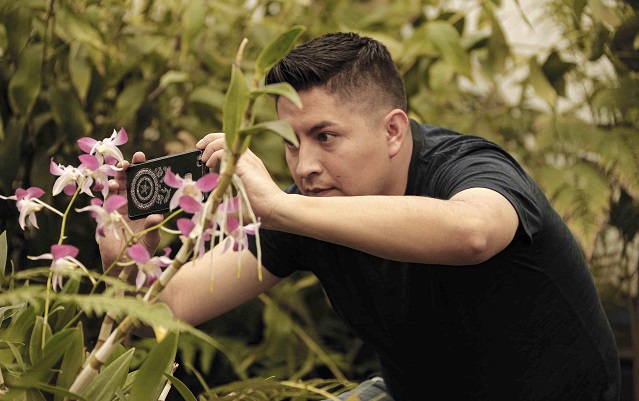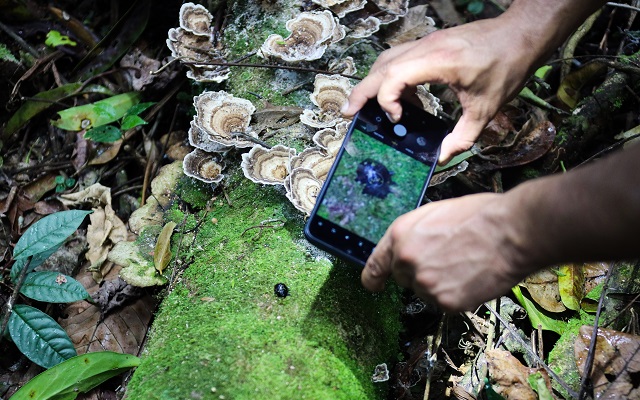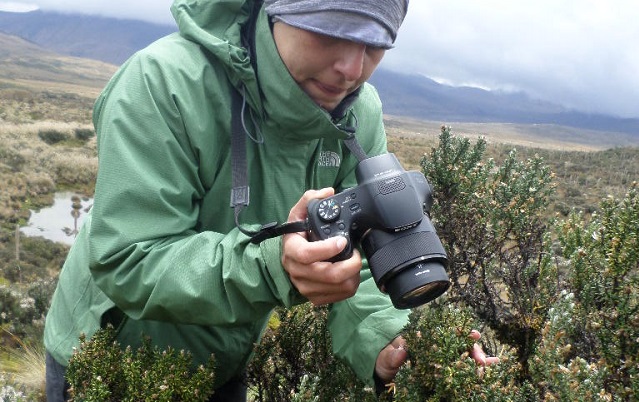Education for Sustainable Development in schools
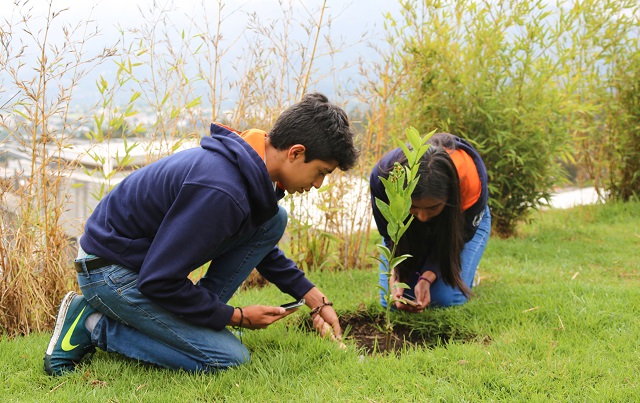
The UN Program Education for Sustainable Development (ESD) proposes a new educational framework focusing on the relationship between human beings and nature as a central component to be used in educational systems, which is unknown by most stakeholders in Ecuador. INABIO aims to integrate strategies and offer tools for schools in Ecuador, which allow them to carry out Education for Sustainable Development in practice. Students and teachers develop meaningful skills that foster sustainable development and ensure a balance between economic growth, environmental care, and social welfare. INABIO encourages schools to participate in a call for proposals in which they propose educational concepts. These concepts should include topics such as rational and efficient use of electric energy in school facilities, appropriate use, and conservation of water resources, ‘zero waste’ principles and citizen science learning tools.
INITIAL SITUATION
The UN Program Education for Sustainable Development (ESD) proposes a new educational framework focusing on the relationship between human beings and nature as a central component to be used in educational systems. It allows to modify daily and collective attitudes towards sustainable development and consequently to decrease the carbon footprint and improve climate conditions. However, ESD is so far practically unknown by most educational stakeholders in Ecuador. Its implementation requires external technical support for project execution and teachers’ training in methodological strategies to mainstream ESD in the educational sector in Ecuador.
TARGET GROUPS
Applicants are 10 educational institutions (ideally public schools) in Ecuador. The beneficiaries are 1,000 people. This includes both direct beneficiaries (students and teachers of these institutions) and indirect beneficiaries (families and the social environment).
GALLERY
PROJECT APPROACH
The Instituto Nacional de Biodiversidad (INABIO) promotes and establishes citizen science as an educational and collaborative tool for the development, implementation, and monitoring of sustainable solutions in educational institutions in Ecuador. For this purpose, three specific objectives have been set:
Firstly, the organisation aims to improve the learning environment in educational institutions through efficient energy and water use, waste reduction and management, and the establishment of green infrastructure. To this end, it launches a call for applications from interested educational institutions. After the institutions are selected, they sign an agreement and prepare designs and plans for the installation and operation of systems such as solar panels, rainwater collectors or ecological dry toilets. In doing so, the organisation ensures that at least ten educational institutions at national level have implemented measures to improve their learning environment in terms of education for sustainable development.
Secondly, INABIO introduces a mechanism to recognise institutions that promote the development of citizen science in their learning environment by using the technological tool iNaturalist Ecuador. It works as a social network for citizens and researchers to interact by uploading photos of living beings to further identify and enrich science through this mutual collaboration (Citizen Science). Through a specific selection process, INABIO is developing a mechanism to award recognition as a ‘Naturalistic Territory’ to at least three educational institutions. A mechanism that promotes the development of citizen science.
Thirdly, the organisation strengthens capacities and raises awareness of the principles of Education for Sustainable Development among students and staff of educational institutions, including parents. INABIO organises trainings, awareness-raising campaigns, and exchange of experiences on sustainable best practices. In addition, INABIO organises awareness-raising courses for the civil society to promote the links between education, global environmental challenges, and other SDGs. Thus, the project benefits at least 1,000 people among students, teachers, and parents.
ABOUT THE ORGANISATION
INABIO is a public research institute attached to the Ministry of Environment, Water and Ecological Transition (MAATE), with administrative, financial, and legal autonomy. The Biodiversity Database is INABIO’s main strategy for information management, built and developed with the support of several institutions, universities, and cooperation agencies. The research, development and innovation processes relate its projects to the Sustainable Development Goals, to the needs of the country and specially to goal 3 of the National Biodiversity Agenda, bioprospecting for conservation purposes and the promotion of bioindustry in Ecuador for the development of technology to minimise damage to the natural heritage.

